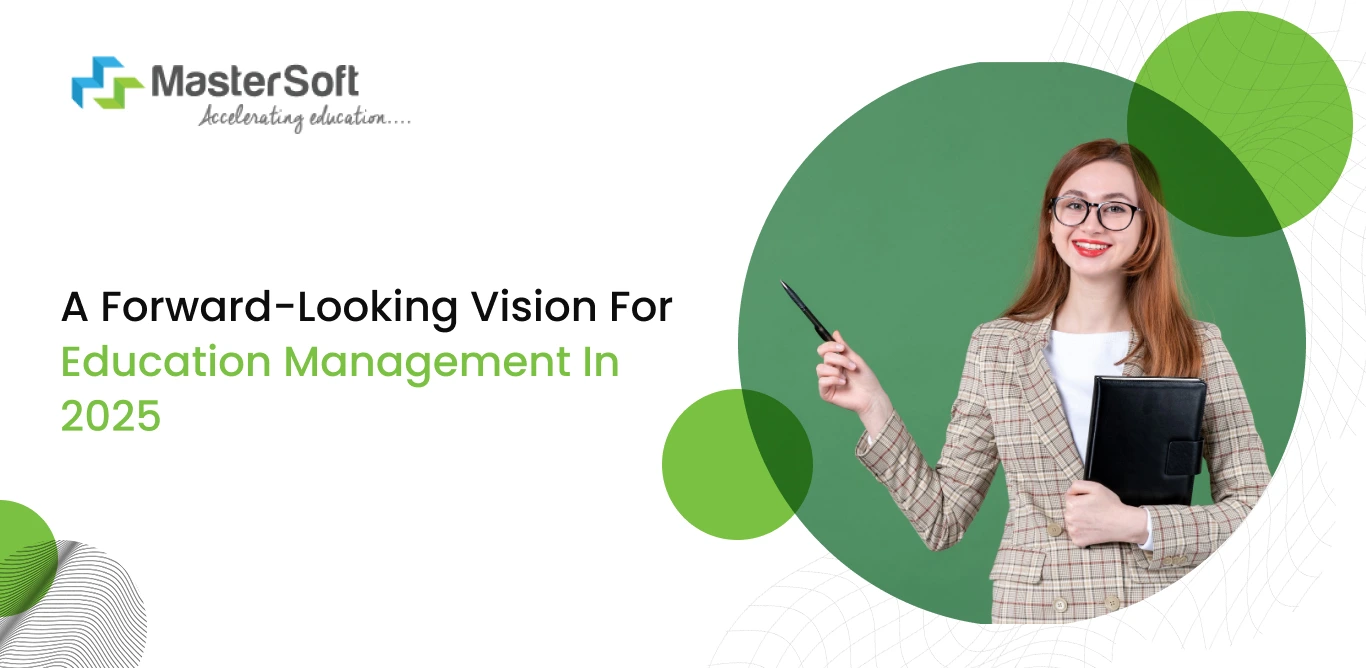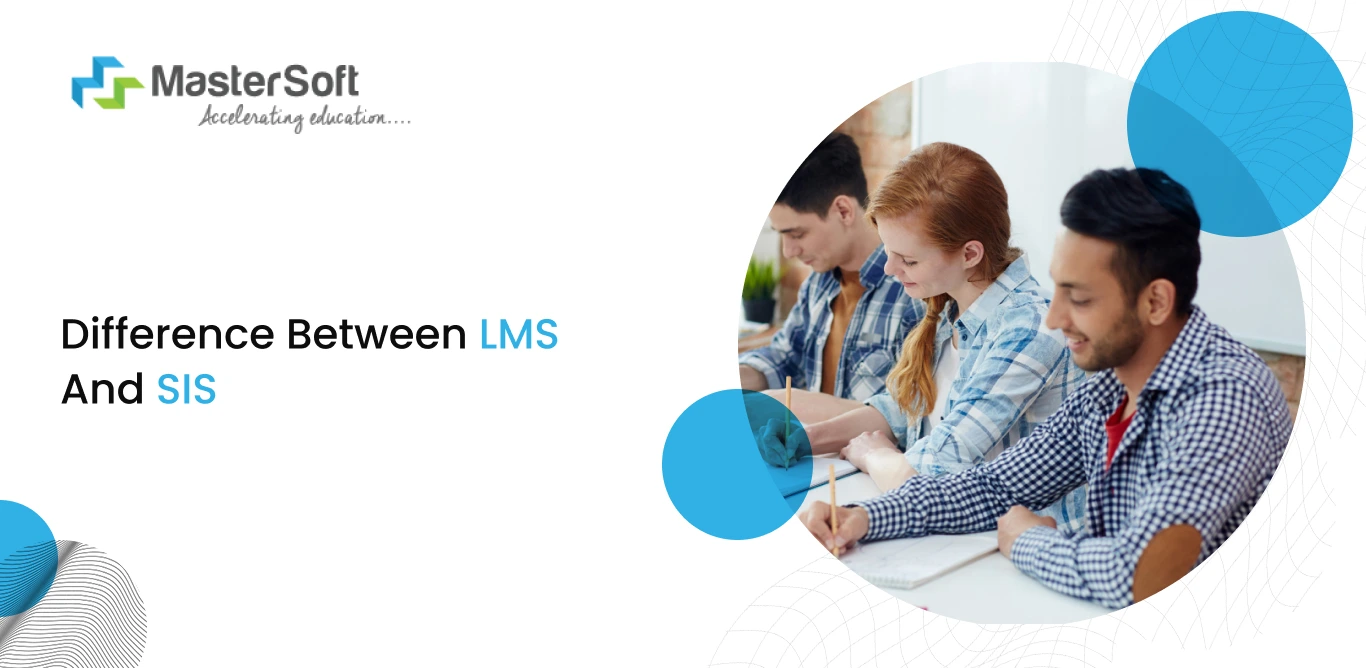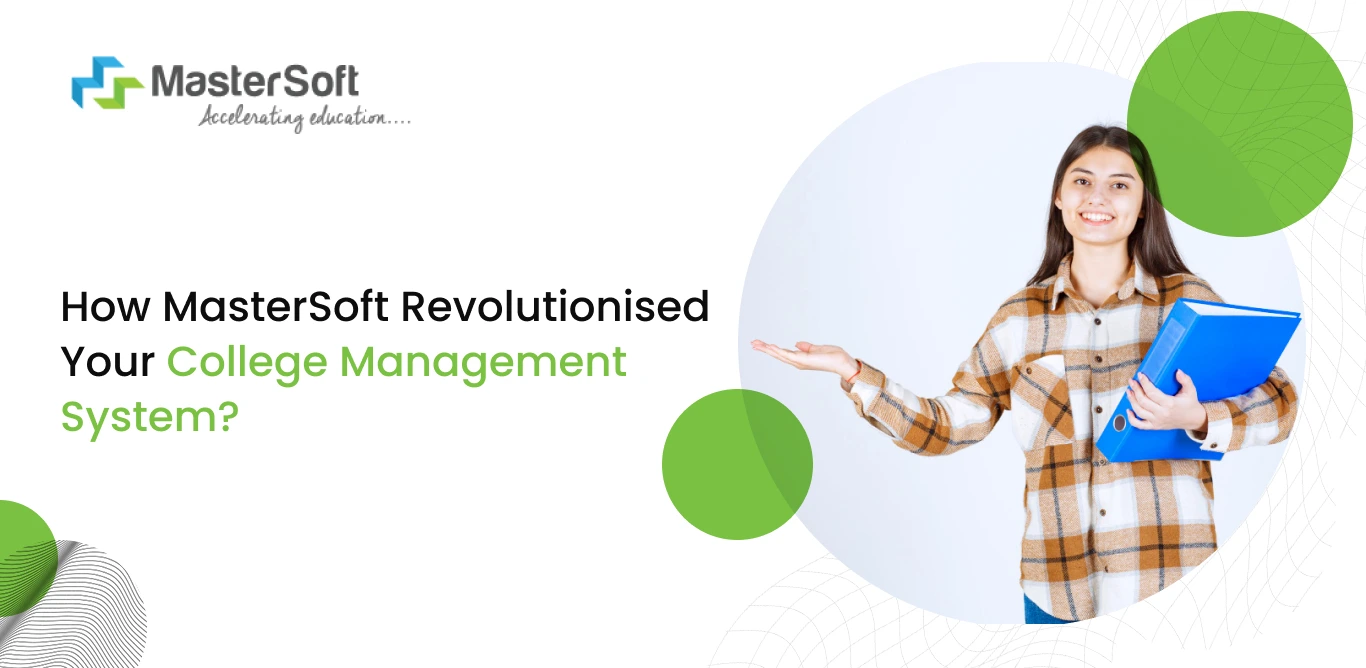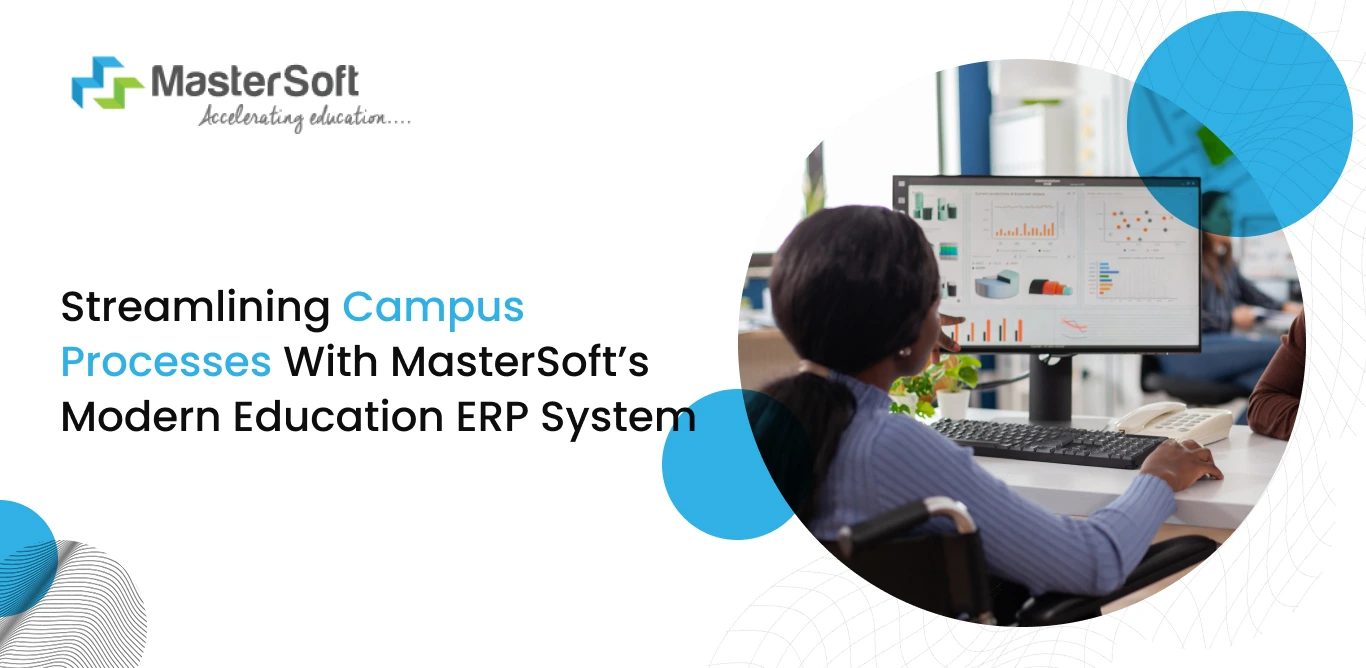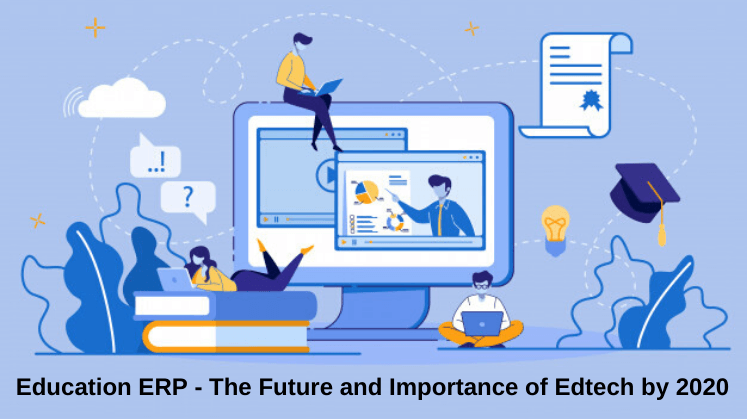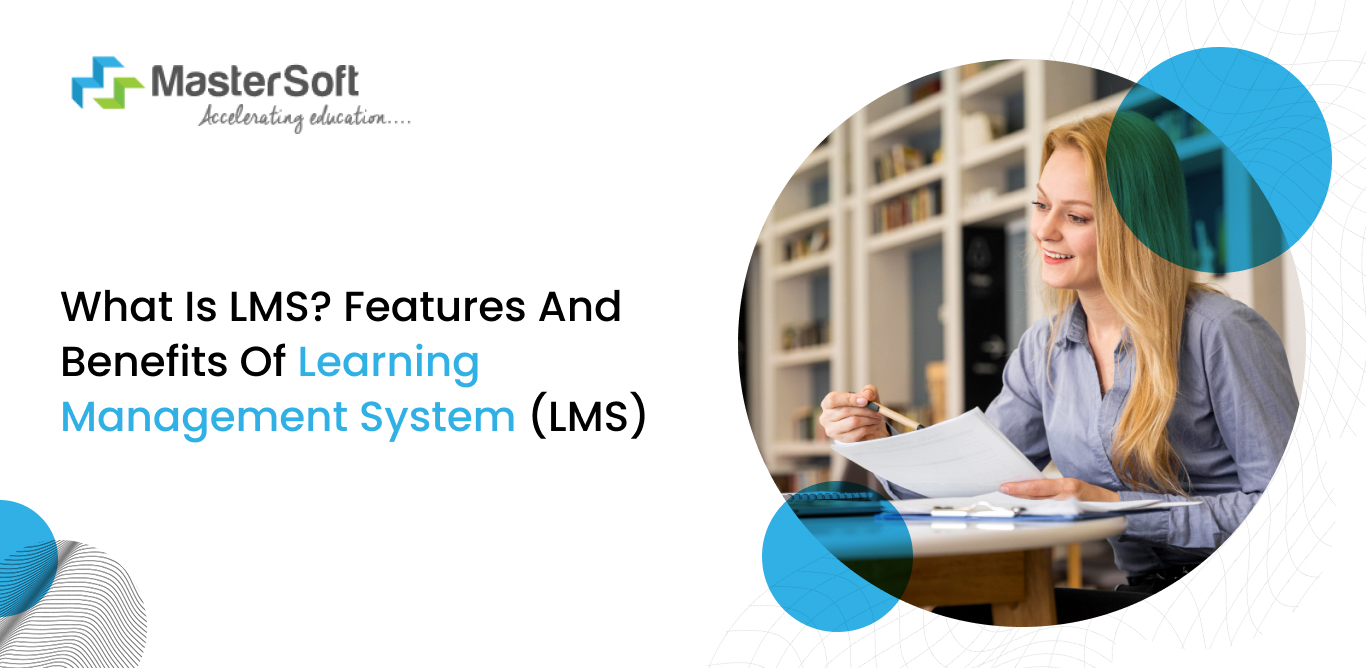02, Nov 2024
Strategy, teamwork, and goal attainment are the key elements of ensuring success, something that educational institutes strive for. However, they encounter several unanticipated issues that hinder their administrative and academic activities from time to time.
On top of that, the education sector is an ever-evolving field that undergoes major changes, and institutes need to adapt according to the learning needs and future trends. That is why timely technological integration via tools like the education management system is an ideal action plan.
Importance of Education Management
Education management refers to institutes implementing a systematic approach that leads to organisational efficiency and gradual improvement in all aspects. In effect, they experience better decision-making, resource allocation, and other additional advantages such as:
- Appropriate planning and development
- Academic standards maintenance
- Unique institutional practices that meet quality standards and regulatory benchmarks
- Continuous improvement and innovation
- Future-ready workforce development
- Better student retention
These outcomes continue to serve as core goals for the future of education, and in order to accomplish them, institutes must keep tabs on the current and future trends as follows:
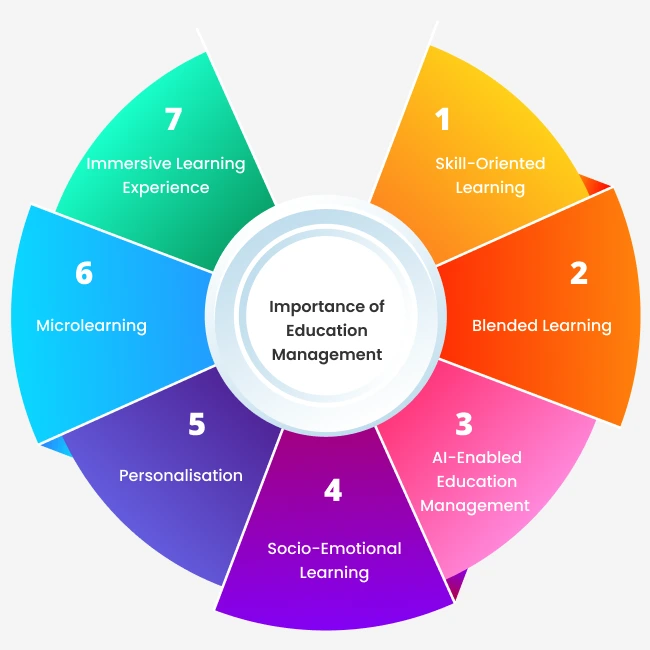
1. Skill-Oriented Learning
“The future belongs to the skilled and talented"—a quote that highlights the fact that skilled individuals will thrive as the future economy and society will value their competence. Hence, the educators will move beyond information dumping or knowledge cramming and implement skill-oriented learning.
Incorporating innovative teaching and learning methods such as project-based learning will allow students to work on real-world issues. Furthermore, it provides the perfect opportunity to integrate what they have learnt into a practical situation.
Furthermore, developing industry partnerships allows students to work with experts and academicians who can help them gain insights into specific fields. Likewise, it helps to develop professional networks.
Role Of AI And Other Modern Technologies In Higher Education In 2023
2. Blended Learning
The higher education system has moved beyond the constraints of the traditional education system, and teaching and learning are not limited to the four walls of the classroom. Online learning has become an important part of modern educational practices, providing varied ways to deliver and obtain knowledge.
Therefore, blended learning has become a significant technique that combines traditional and face-to-face education. In effect, it offers a flexible pathway for students to engage with the learning process. Some of the well-known blended learning models are as follows:
- Flipped classroom
- Flex model
- Self-blend model
- Online lab model
Teachers can develop different types of questions and assessments and collaborative learning activities via education management tools. As a result, it helps to establish a stimulating educational environment wherein students are self-motivated and take accountability for their learning.
3. AI-Enabled Education Management
Artificial intelligence (AI) is a cutting-edge technology that has gradually become a part of our day-to-day lives. From providing recommendations based on the browsing activities to predictive analytics indicating future outcomes.
Similarly, education management is a multifaceted activity that benefits from AI integration, helping to enhance organisational efficiency. For instance, it simplifies various administrative activities such as:
- Assessment evaluation through automated grading and feedback.
- Admission management through organised registration and enrolment.
- Attendance management through attendance tracking and reporting.
- Facilitates improved student learning outcomes by identifying knowledge gaps.
- 24/7 teaching assistance through AI-powered tutoring systems.
Besides, educators can utilise AI-driven data analysis to make informed decisions and improve the overall quality of education.
4. Socio-Emotional Learning
The purpose of education extends beyond producing academically competent individuals and includes the overall development of students. Consequently, an educated or literate person not only excels in their respective fields but also can critically analyse situations and act accordingly.
That is why socio-emotional learning is a significant part of the education management system, as it fosters and strengthens abilities that help to identify and understand emotions. Moreover, teachers must use pedagogical methods to break the ice and develop a healthy student-teacher relationship, allowing students to open up and express themselves in the class.
Institutes must do their part to inculcate a supportive and positive culture and conduct workshops and seminars that can educate teachers about socio-emotional learning. As a result, teachers will be able to attain the following outcomes:
- Increase students' self-awareness.
- Improves students’ mental well-being.
- Encourage responsible decision-making.
- Develop empathy and social skills, enabling students to be tolerant towards others even when they have different points of view.
- Improves communication skills and teamwork, preparing them to work effectively in different situations.
Things You Need to Know When Choosing an Educational ERP
5. Personalisation
Shifting from a one-size-fits-all approach to customising learning to fit the needs of students takes precedence in the current educational system. Furthermore, it will continue to be a recurring theme in the future; teachers utilise learning tools to tailor content that aligns with students’ learning styles and preferences.
More importantly, creating a personalised learning environment is an effective strategy to figure out students' strong and weak areas. As a result, they can provide targeted support, enabling students to gain a deep understanding of the concepts and master them accordingly.
Besides, personalisation of education helps to accommodate all students, ensuring that they have the opportunity to succeed and overcome their shortcomings.
6. Microlearning
Remembering and understanding core concepts can be difficult, especially when the expectations are to keep up with the rest of the class’s pace. That is where microlearning becomes a useful learning method, which breaks down complex topics into smaller and manageable chunks.
Furthermore, teachers can utilise LMS software to conduct microlearning sessions in the classroom through the following methods:
- Create short and focused learning units and sessions, including brief clips and videos.
- Assign micro lessons as a part of homework or assignments so that they can have the required knowledge to engage in discussions and hands-on activities.
- Micro lessons can range between five to ten minutes and integrate a mix of formats (text, video, audio, visuals).
- Conduct frequent quizzes, exit tickets, and polls as a part of formative assessments to determine students’ understanding.
7. Immersive Learning Experience
Passive learning and knowledge absorption will become obsolete as educators will prioritise active teaching and learning. Virtual reality (VR) and augmented reality (AR) that use digital elements to simulate real-world scenarios will be integral to tech-enabled education.
For instance, teachers can use VR simulations to demonstrate scientific experiments, medical procedures, historical events, etc. Likewise, virtual field trips enable students to explore remote locations and sites.
On the other hand, AR enables educators to enhance the learning process through virtually simulated activities like visual aids, animations, and interactive elements. Also, it can be used to create interactive models and games and conduct experiments.
Final Thoughts
The future of education management relies on the timely adoption of technological advancements as per the institutional needs to foster efficiency and success. Furthermore, it will assist in incorporating innovative pedagogical approaches such as student-centric learning. Consequently, institutes can create an accessible, engaging, and impactful education system.
Simplify your faculty hiring process with MasterSoft’s faculty management system.
Mobile: 08448010216
Email: janki.somani@iitms.co.in

